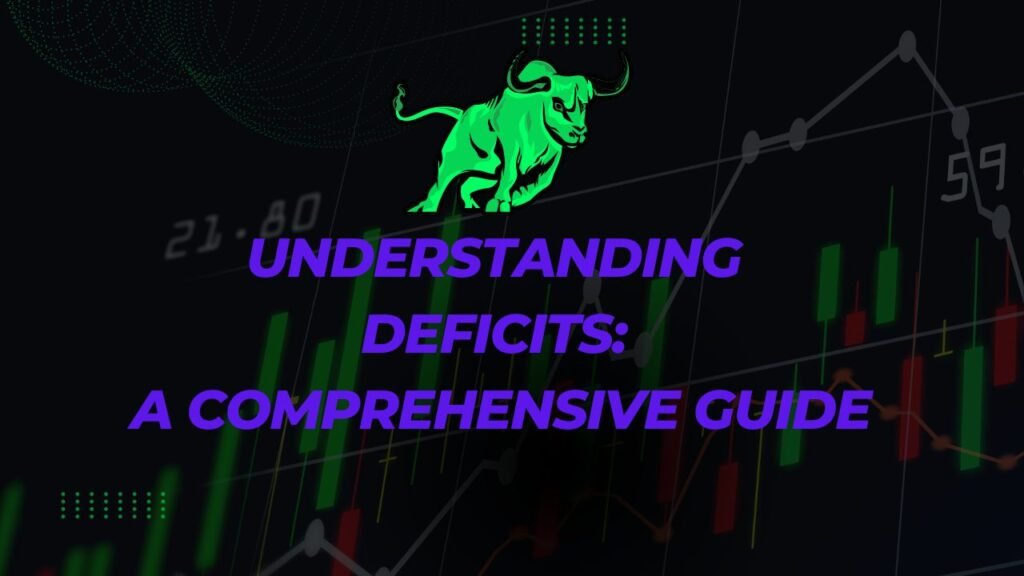
Deficits are a critical aspect of economic and financial discussions, often at the center of government policies and business strategies. But what exactly is a deficit, and how does it impact our economy and daily life? This blog post delves into the concept of deficits, unpacking its complexities in an engaging, easy-to-understand manner.
What is a Deficit? Unraveling the Basics
At its core, a deficit occurs when expenses exceed revenues. In the context of government finance, it refers to the situation where the government’s expenditures surpass the income generated, primarily through taxes and other sources. Deficits are an essential indicator of financial health, both for countries and businesses.
The Two Sides of the Deficit Coin: Government and Trade
Government Deficit: A Balancing Act
When a government spends more than it earns, it results in a budgetary deficit. This can be due to various factors, such as increased public sector investments, social welfare programs, or lower tax revenues. While deficits can stimulate economic growth during downturns, prolonged deficits can lead to increased national debt and inflation.
Trade Deficit: The Import-Export Equation
A trade deficit happens when a country imports more goods and services than it exports. This situation reflects the country’s trading position with the rest of the world and can influence currency value, employment rates, and overall economic health.
Real-Life Examples: Deficits in Action
Let’s take a real-world example. Imagine a country, “Econoland,” that spends heavily on infrastructure and social programs, resulting in a government deficit. On the other hand, it imports more than it exports, leading to a trade deficit. These deficits could lead to borrowing, impacting the country’s credit rating and currency value.
The Ripple Effects of Deficits
Economic Implications
Deficits can stimulate economies during recessions by increasing government spending. However, they can also lead to higher interest rates, crowding out private investment, and potentially stoking inflation.
Social Impact
While deficits can fund beneficial social programs, their long-term sustainability is often questioned. Balancing social welfare and financial responsibility is a tightrope walk for any government.
Frequently Asked Questions (FAQs)
Q: Can a deficit ever be beneficial?
A: Yes, in the short term, deficits can stimulate economic growth, especially during economic downturns.
Q: How does a deficit differ from debt?
A: A deficit refers to a shortfall in a specific period, while debt is the accumulation of deficits over time.
Q: Do all countries experience deficits?
A: Most countries experience deficits at some point, influenced by their economic policies and global economic conditions.
Wrapping Up: The Deficit Dilemma
Understanding deficits is crucial in today’s economic landscape. While they play a significant role in shaping policies and economic strategies, their impact can be a double-edged sword. It’s about finding the right balance between short-term benefits and long-term financial health.
Remember, a deficit is more than just a number; it’s a reflection of a nation’s economic priorities and challenges.